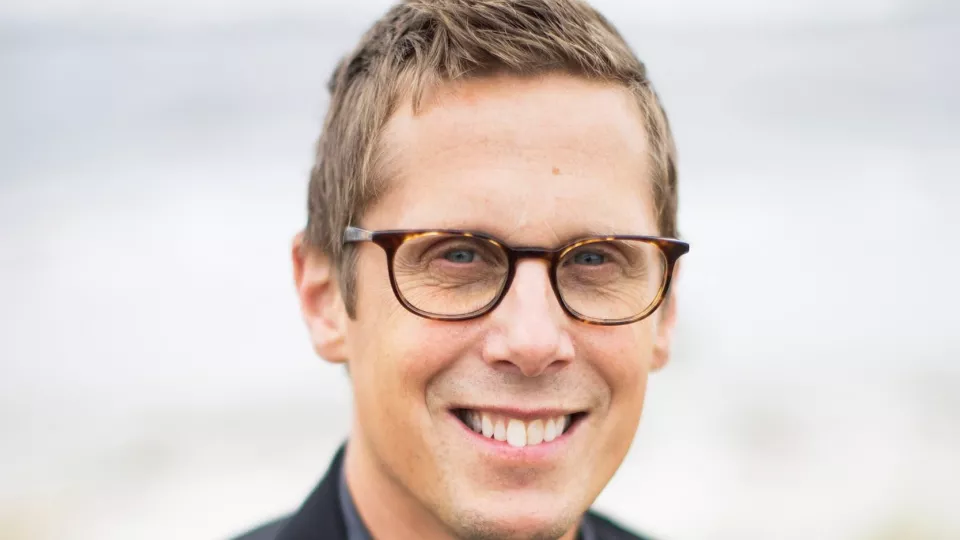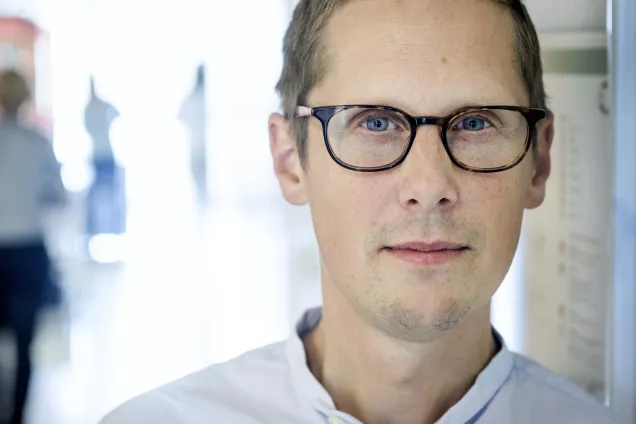| How does it feel becoming the next preclinical co-director of WCMM Lund?
"I am honored to take on this position and really look forward to working with everyone within the centre to create the best possible conditions for cutting-edge science."
| What are your expectations for this role?
"I am excited to take part in this active community and in particular learn how clinical and pre-clinical investigators interact in practice. Looking ahead, the upcoming recruitment of new fellows for WCMM, and the integration with the DDLS program will be a great opportunity to develop the centre further, and I am eager to understand how this can be done in the best way."
| How do you think your expertise can contribute to the centre?
"I would like to contribute my experience in building research communities, both at the local level where I have led the establishment of Lund University Cancer Centre, and at the national level where I have served as the chairman of the Young Academy of Sweden."
| What do you want to achieve?
"In five years’ time, I envision that WCMM will have developed an even closer integration between disciplines locally, and that the extended national WCMM/DDLS network will serve as a powerful platform for scientific collaborations and leadership development."
| Briefly, what is your research about?
"At the very basic level, we study tumour architecture in order to identify the organizing principles of the tumour ecosystem. With this knowledge, we aim to identify cellular niches and paracrine signalling hubs that may serve as points of intervention. Finally, we translate this basic knowledge into studies of patient cohorts and clinical trials with the aim of providing patient benefit through the use of rational drug combinations."



